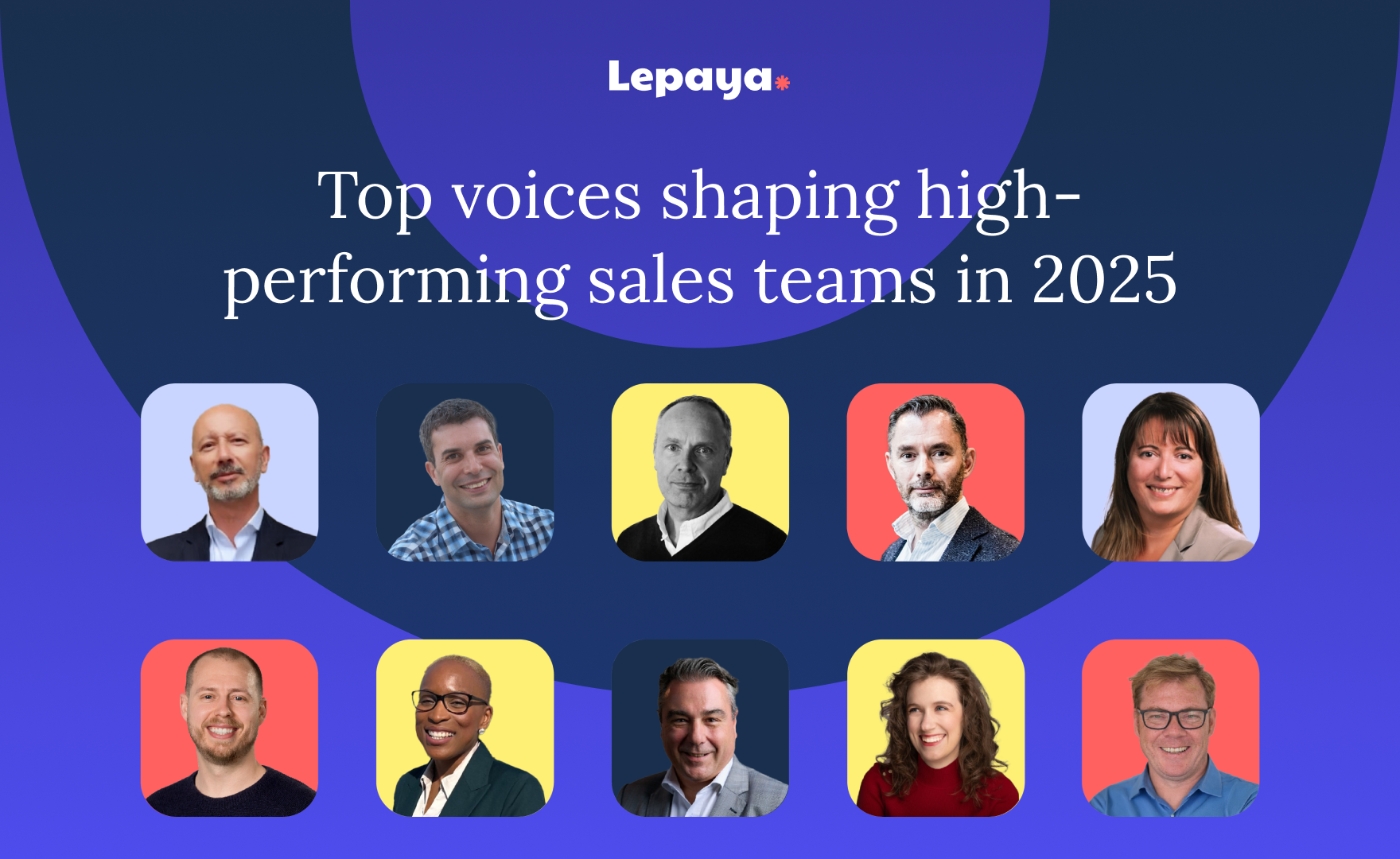The future of Anti-Money-Laundering
.png)
Since the early 2000s, Anti-Money-Laundering efforts were largely rule-based - focused on demonstrating compliance rather than detecting real risk. The result? High false positives, overloaded analysts, and limited contextual insight.
Now, the industry is moving towards a hybrid model: analytics enabling a risk-based approach and AMLR reintroducing rule-based controls. While risk and ruled-based frameworks develop, what remains critical to AML is the talent.
For banks to outpace financial crime on a global scale, they need AML teams that are not only AI-augmented, but continuously developed - capable of combining data fluency, judgment, and decision-making skills to manage high-risk cases.
Fighting economic crime is a $2.4 billion negative ‘business case’
Between 2024 and 2025, hiring for entry-level roles in European tech firms dropped by 73.4%. To me, it’s a clear signal that automation is putting real pressure on career-entry roles and the traditional pathways for developing future leaders.
While this shift could fracture talent pipelines, it also presents an opportunity: organizations can redesign junior roles to focus on learning, mentorship, and strategic contributions, in effect accelerating the development of your future senior talent.
Here is where I think managers have a critical role to play - not as process overseers, but as coaches who mentor junior talent and build their capabilities in an AI-rich environment. So by pairing AI tools with intentional talent development, organizations can strengthen pipelines and start building their future leadership teams - much faster.
Building ‘customer-centric’ AML teams with upskilling
While AI can process data and surface risks at scale, analysts who can interpret, prioritize, and act on higher-risk transactions are the differentiators.
There are several areas where we want to make sure that people in my team – and more broadly across the organisation – are ready for what comes next.
One key area is data fluency. Another is machine learning, where we run continuous programs focused on emerging risks and new monitoring challenges. Karim Tadjer, Global Head Financial Crime at ING
That’s why upskilling is the key enabler of a risk-based, AI-enhanced AML function. As AI automates manual tasks, human capabilities must evolve to be interpretive, ethical, and contextual. AML professionals must learn to:
- Apply critical judgment when assessing AI-generated insights and deciding on escalations.
- Communicate complex findings clearly to regulators and customers, maintaining transparency and trust.
- Adapt globally, interpreting AI outputs within local legal, cultural, and market contexts.
Technology may accelerate processes, but it’s human judgment, adaptability, and decision-making that protects the stability and integrity of the entire financial system.

We offer a scalable employee training solution. It lets you continuously upskill your people.
Book a call
Related articles
Ready to drive impact together?
Close skill gaps, accelerate growth, and future-proof your workforce.












.jpg)


.png)
